Birthday Reviews: Linda D. Addison’s “Little Red in the Hood”
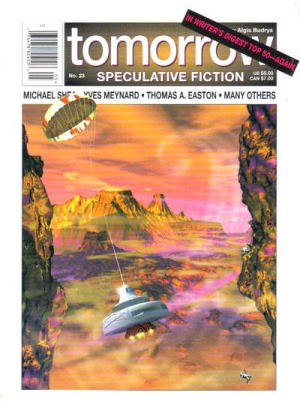
Linda D. Addison was born on September 8, 1952.
Addison has won the Bram Stoker Award four times for her poetry collections, becoming the first African-American to win. She won her first Stoker for Consumed, Reduced to Beautiful Grey Ashes in 2002. In 2008 she won for Being Full of Light, Insubstantial. Her collection How to Recognize the Demon Has Become Your Friend won in 2012, and her final award in 2014 came for her collaborative collection Four Elements, with Marge Simon, Rain Graves, and Charlee Jacob. She has also collaborated with Beecher Smith and Stephen M. Wilson.
“Little Red in the Hood” appeared in issue 23 of Tomorrow Speculative Fiction in November 1996, edited by Algis Budrys. The following year Addison included it in her collection Animated Objects, which included six stories and several poems. Stefan Dziemianowicz, Robert Weinberg, and Martin H. Greenberg also selected the story for the anthology 100 Hilarious Little Howlers. Its most recent publication was in the e-book anthology Unconventional Fantasy: A Celebration of Forty Years of the World Fantasy Convention, edited by Peggy Rae Sapienza, Jean Marie Ward, Bill Campbell, and Sam Lubell for the 2014 World Fantasy Con in Washington, DC.
Addison’s “Little Red in the Hood” is barely more than a vignette. It tells the story of fairy tale and nursery rhyme characters when they aren’t on duty. Little Red is relaxing at the end of the day in a bar, throwing back a double vodka. The Big Bad Wolf is sitting on the other side of the bar. When Red complains about having to be eaten daily, the wolf points out that he has to essentially have a Caesarian section each day when they retrieve Red after the story ends.
Other characters chime in with their concerns. As traditional characters they worry that the advent of the Power Rangers will knock them out of their roles, although the Red points out that the coming of the Purple People Eater didn’t impact them. The story ends in media res when Red and the Wolf are summoned because someone is reading their story to their child.
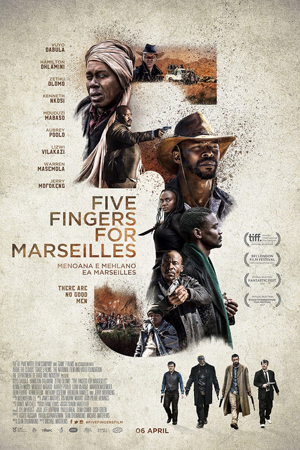 I went by the screening room early on August 2, the last day of the 2018 Fantasia International Film Festival. It was my final chance to see some of the things I’d missed at the festival, and if I watched three movies in the screening room before heading off to watch the two films I wanted to see that evening at the Hall Theatre, then I’d total 60 movies on the year. And I knew going in what the first film I wanted to see at the screening room was, a film that had gathered a goodly amount of buzz around the festival. On the first day of the festival I’d begun Fantasia 2018 with the revisionist Western
I went by the screening room early on August 2, the last day of the 2018 Fantasia International Film Festival. It was my final chance to see some of the things I’d missed at the festival, and if I watched three movies in the screening room before heading off to watch the two films I wanted to see that evening at the Hall Theatre, then I’d total 60 movies on the year. And I knew going in what the first film I wanted to see at the screening room was, a film that had gathered a goodly amount of buzz around the festival. On the first day of the festival I’d begun Fantasia 2018 with the revisionist Western 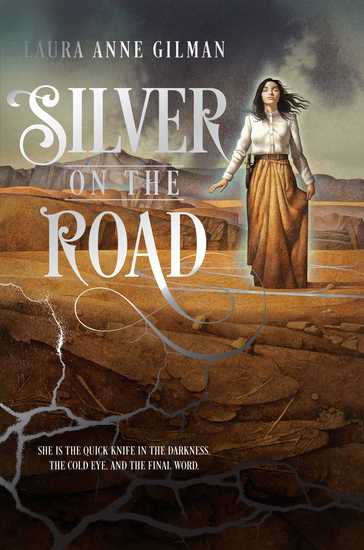
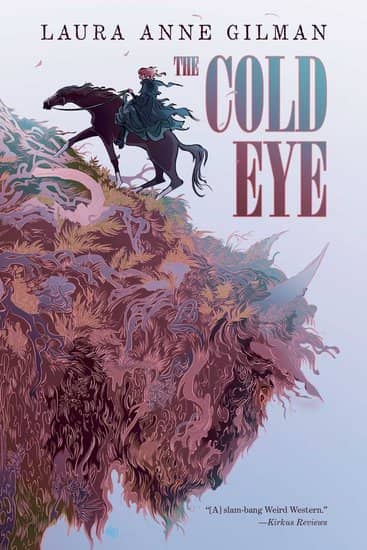
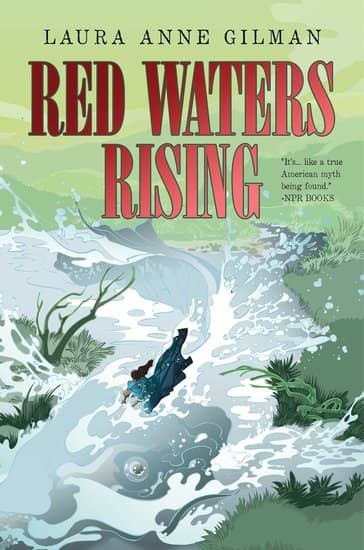
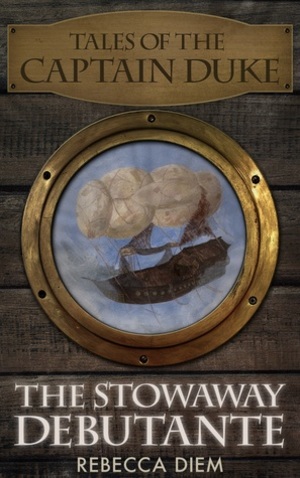
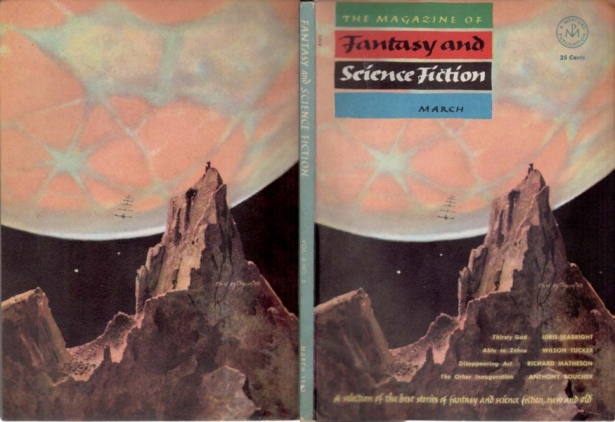
 I had time for one more movie in the Fantasia screening room before I’d head over to the J.A. De Sève Theatre to watch a film called Madeline’s Madeline, an experimental film about a girl in a theatre group struggling to define herself. It’d be the last movie I’d see in the De Sève at this year’s festival, but before it started I opted to watch a Finnish comedy about death metal. (There’s a reason for that choice, involving the final film of the festival; more on that in a few posts.)
I had time for one more movie in the Fantasia screening room before I’d head over to the J.A. De Sève Theatre to watch a film called Madeline’s Madeline, an experimental film about a girl in a theatre group struggling to define herself. It’d be the last movie I’d see in the De Sève at this year’s festival, but before it started I opted to watch a Finnish comedy about death metal. (There’s a reason for that choice, involving the final film of the festival; more on that in a few posts.)
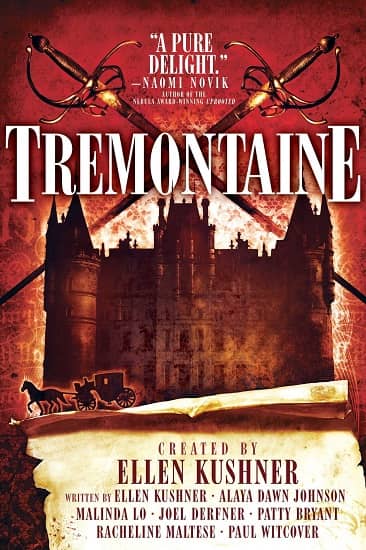
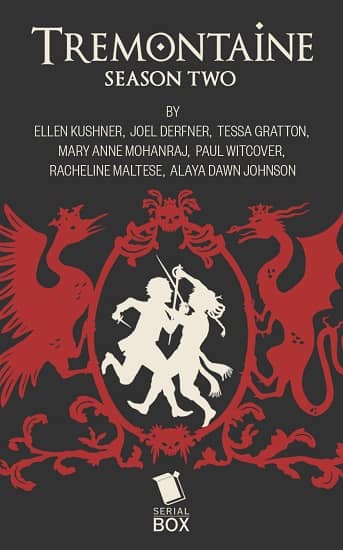
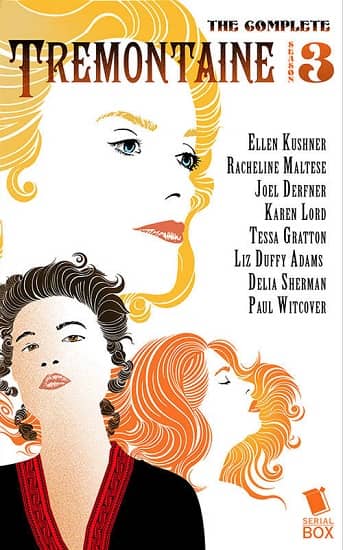
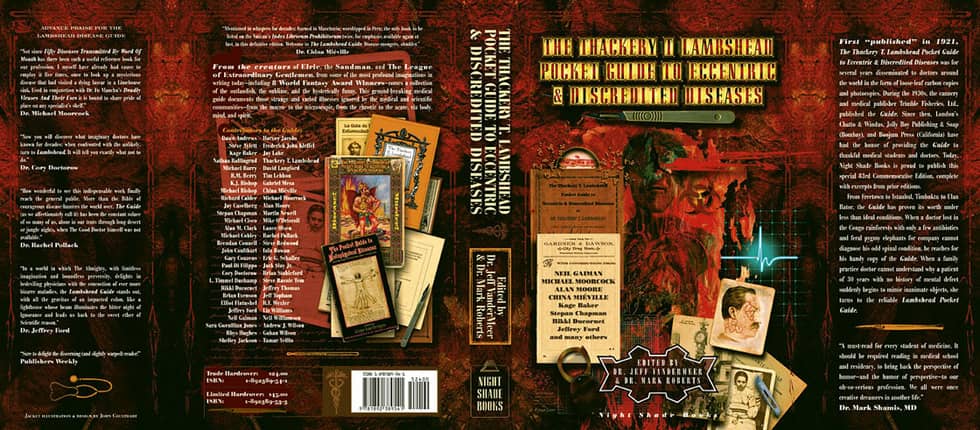
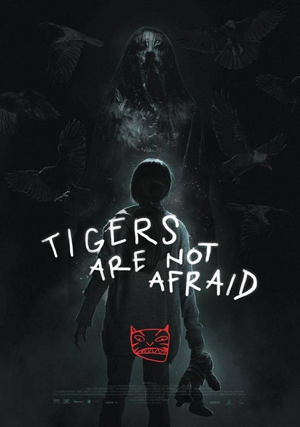 I was at the Fantasia screening room early on August 1 to watch a movie I’d missed when it played in a Fantasia theatre: Tigers Are Not Afraid (Vuelven), written and directed by Issa López. I’d heard a number of people around the festival rave about it, and I was intrigued. 10-year-old Estrella (Paola Lara) is a girl in a Mexican city ravaged by drug violence. When her mother goes missing, she falls in with a gang of four boys who live on the street. But their leader, a scarred child named Shine (Juan Ramón López), has stolen a cell phone containing a video incriminating an aspiring local politician (Tenoch Huerta) in brutal criminal activity. Now his cartel’s after them, and death is all around. So, perhaps, is magic; but magic is not always safe.
I was at the Fantasia screening room early on August 1 to watch a movie I’d missed when it played in a Fantasia theatre: Tigers Are Not Afraid (Vuelven), written and directed by Issa López. I’d heard a number of people around the festival rave about it, and I was intrigued. 10-year-old Estrella (Paola Lara) is a girl in a Mexican city ravaged by drug violence. When her mother goes missing, she falls in with a gang of four boys who live on the street. But their leader, a scarred child named Shine (Juan Ramón López), has stolen a cell phone containing a video incriminating an aspiring local politician (Tenoch Huerta) in brutal criminal activity. Now his cartel’s after them, and death is all around. So, perhaps, is magic; but magic is not always safe.